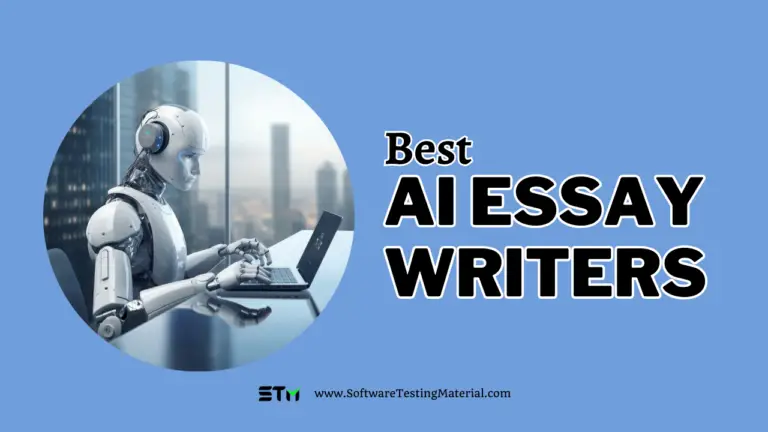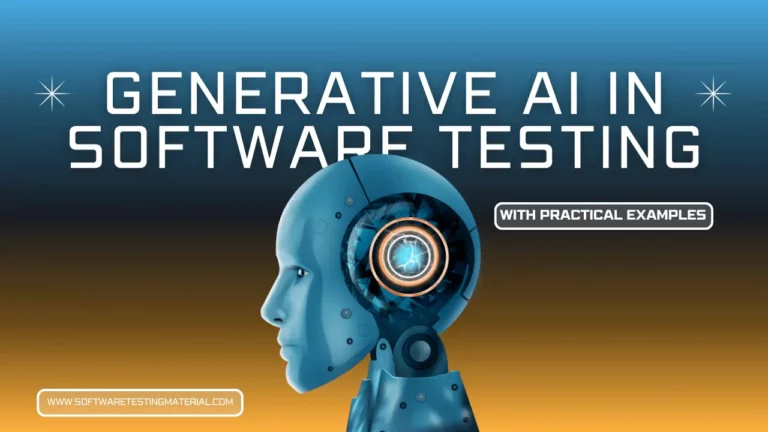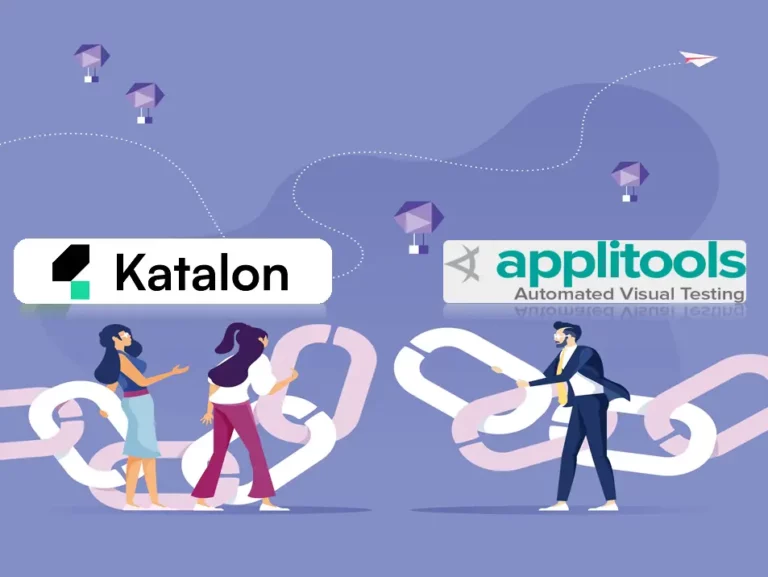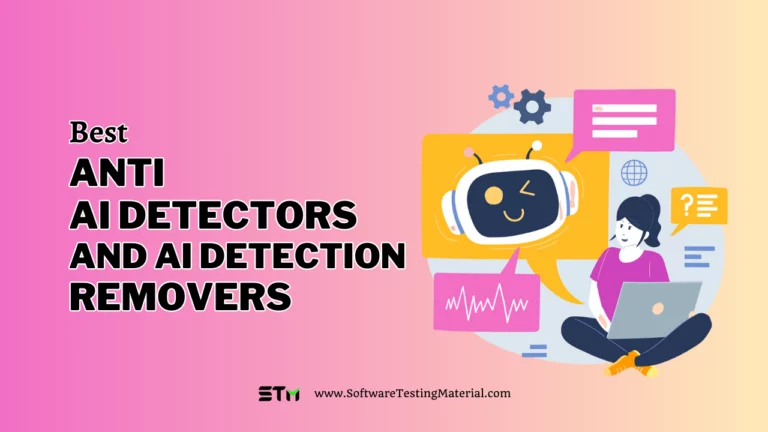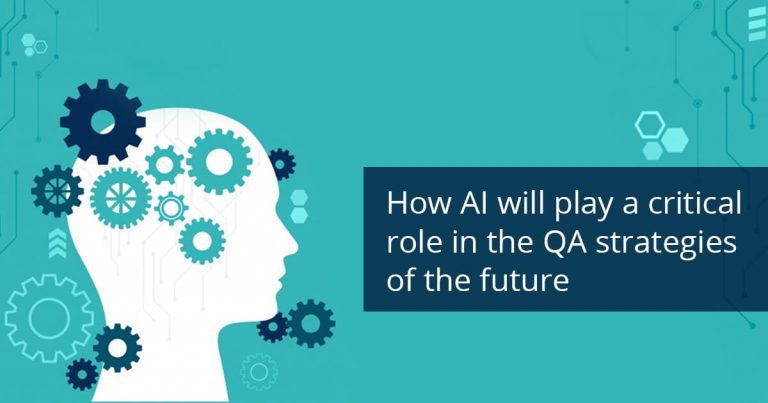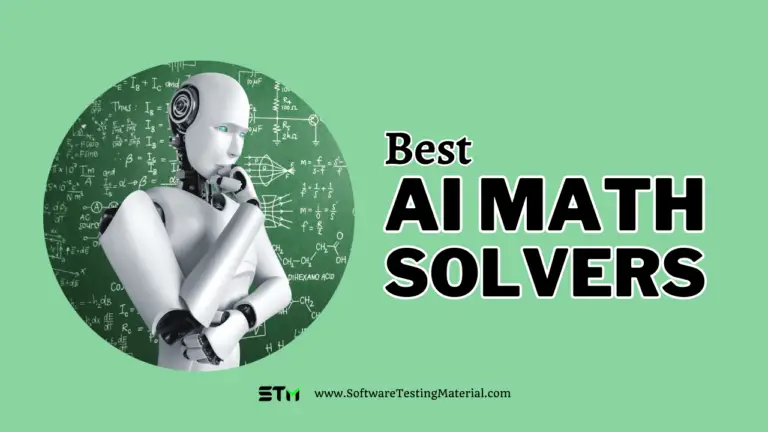How to Ace AI Job Interviews? (10 Steps To Follow)
Acing an AI job interview may seem challenging, but with the right preparation and a structured approach, you can increase your chances of success. Here are some steps to help you get ready for an AI job interview:
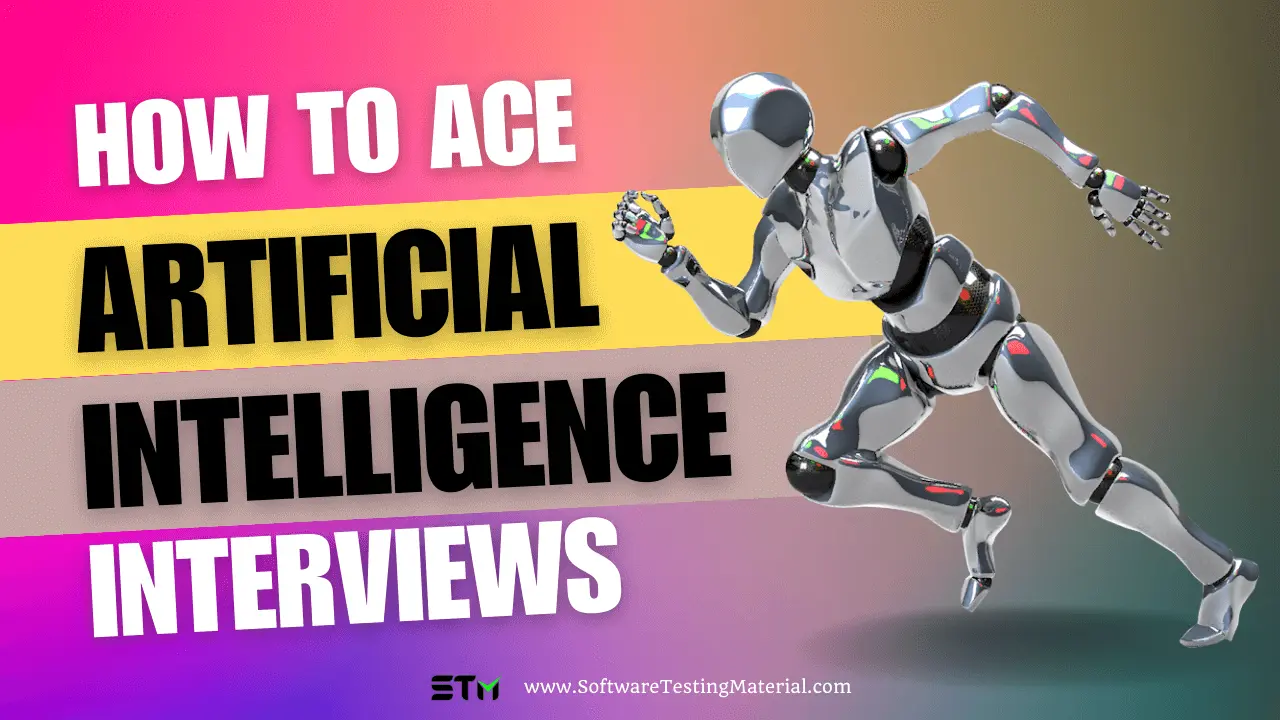
Steps to Ace AI Job Interview
Step #1: Understand the Job Requirements
Before you start preparing, carefully read the job description. Identify the specific skills, qualifications, and experiences the company is looking for, such as technical expertise, soft skills, and relevant industry knowledge. Make a detailed list of the key requirements and compare them with your own skills and experiences. Highlight your strengths and be honest about any gaps, considering how you might address them in your application or interview. This thorough analysis will help you tailor your resume and cover letter to better align with the job requirements, increasing your chances of making a strong impression.
Step #2: Refresh Your Basics
Make sure you have a strong understanding of AI fundamentals. Review topics such as:
- Machine Learning algorithms
- Deep Learning techniques
- Neural Networks
- Natural Language Processing
- Computer Vision
- Reinforcement Learning
Step #3: Practice Coding
Many AI job interviews include a coding test, which can be a critical part of the hiring process. To prepare, it’s essential to brush up on your programming skills, especially in languages commonly used in AI such as Java, Python, and R. Familiarize yourself with common data structures and algorithms, as these are often tested. Practice solving problems on coding platforms which offer a wide range of problems from basic to advanced levels. Additionally, consider reviewing AI-specific challenges and scenarios to better understand how your coding skills will apply to real-world AI problems. This thorough preparation can significantly enhance your performance in the technical interview.
Step #4: Prepare for Technical Questions
Be ready to answer technical questions related to AI and Machine Learning. Some common areas to focus on include:
- Data structures and algorithms
- Probability and statistics
- Linear algebra and calculus
- Common AI frameworks and libraries (e.g., TensorFlow, PyTorch)
Must read: AI Interview Questions & Answers
Step #5: Work on Projects
Having hands-on experience with AI projects can make a big difference in showcasing your skills and knowledge. Whether it’s a personal project, something you worked on during your studies, or part of a previous job, be prepared to discuss it in detail. Explain the problem you were solving, the approach you took, the tools and technologies you used, and the results you achieved. Additionally, highlight any specific challenges you faced and how you overcame them, as well as any insights gained from the experience. This detailed explanation demonstrates not only your technical expertise but also your problem-solving abilities and adaptability.
Step #6: Prepare for Behavioral Questions
Interviewers also want to know if you are a good fit for their team. Be prepared to answer behavioral questions that assess your soft skills, as these are crucial for a cohesive work environment. Practice answering questions about teamwork, such as your experience collaborating with others, problem-solving, where you might detail a specific instance where you overcame a difficult issue, and dealing with challenges, including how you handle stress and adapt to unexpected changes. These insights help interviewers gauge your potential contributions to the team and overall company culture.
Step #7: Review Common Interview Questions
Look up common AI interview questions and practice answering them. This can include questions like:
- “Explain the difference between supervised and unsupervised learning.”
- “How would you improve an existing Machine Learning model?”
- “What are the limitations of AI?”
Step #8: Prepare Your Own Questions
Interviews are a two-way street. Not only should you be prepared to answer questions, but you should also come equipped with some thoughtful questions of your own. Ask the interviewer about the team dynamics, the types of projects you would be working on, the company culture, and any future opportunities for growth and development within the organization. This demonstrates that you are genuinely interested in the role and the company, and it helps you gauge whether the position and workplace are a good fit for you. Additionally, it shows your proactive approach and eagerness to contribute meaningfully to the team.
Step #9: Mock Interviews
Practice makes perfect. Conduct mock interviews with a friend, mentor, or use online platforms that offer mock interview services. This will help you get comfortable with the interview format and receive feedback on your performance. During these practice sessions, try to simulate real interview conditions as closely as possible, including wearing professional attire and timing your responses. Additionally, review common interview questions and prepare thoughtful answers. By doing this, you’ll build confidence and improve your overall interview skills.
Step #10: Stay Calm and Confident
Finally, on the day of the interview, make sure to stay calm and confident. Take a few deep breaths before you start to help settle your nerves. Remember to listen carefully to the questions, think before you answer, and don’t be afraid to ask for clarification if needed. It’s also helpful to bring a copy of your resume and any other relevant documents, as well as a notepad and pen to jot down important points. Arriving a few minutes early can give you time to gather your thoughts and make a positive impression from the outset.
Conclusion
By following these steps, you will be well-prepared to ace your AI job interviews. The combination of thorough research, thoughtful preparation, and practiced delivery ensures that you present yourself as a knowledgeable and confident candidate. Remember, each interview is a learning experience that brings you one step closer to landing your dream job. Stay positive, persistent, and proactive in your job search, and you will ultimately find the right role that aligns with your skills and aspirations. Good luck!
Related posts:
- AI Interview Questions And Answers
- Best Ways to Build a Career in Artificial Intelligence
- How To Become A Prompt Engineer
- Prompt Engineering in Software Testing | Everything You Should Know
- Best Artificial Intelligence Software (AI Tool Reviews)
- Best AI Essay Writers for Original, Quality, Undetectable Essays
- Best AI Math Solvers for Instant Math Solutions
- Best Anti-AI Detectors and AI Detection Removers for Bypassing AI Checkers
- How to Make ChatGPT Undetectable by AI Detectors – 10 Best Ways to Try
- What is Artificial Intelligence and How Does AI Work?
- Deep Learning vs. Machine Learning: What’s the Difference?
- Weak AI vs. Strong AI | Types of Artificial Intelligence
- Best AI Test Automation Tools
- What is AI in Software Testing? A Complete Guide
- Understanding the Integration of AI in Software Testing
- What is AI Testing? Future of Software Testing

